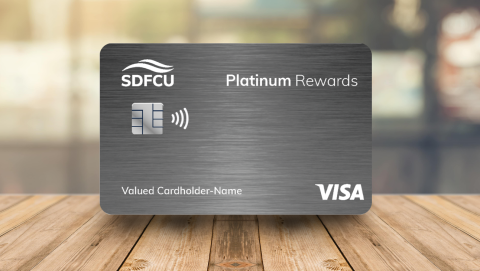Identity theft is a crime with many faces: from the thief who skims your card info at the ATM to the hacker who opens accounts in your name. Unfortunately, rectifying identity theft damage can be like untangling a wet knot. You can do it – but it will require patience, perseverance, and organization. You'll probably be communicating with a lot of people so keep track of who said what and when. Keep copies of all letters and maintain a verbal correspondence log, file paperwork right away, and store everything in a safe, accessible place.
Step One: Contacting Creditors and Financial Institutions
If accounts have been used or opened illegally, contact your creditors immediately. Ask for fraudulent transaction documentation as you may need it to file a police report. Set “non-guessable” passwords to replacement cards and all existing accounts.
For checking account fraud, contact your financial institution to place stop payments on any outstanding checks that you did not write. Report the crime to check reporting agencies. It is also wise to close your existing checking and savings accounts and/or obtain new account numbers and passwords. Monitor all future account statements carefully for evidence of new fraud.
If a collection agency attempts to collect on a fraudulent account, explain (in writing) that you are a victim of identity theft and not responsible for the debt. Ask that they confirm in writing that you do not owe the balance and that the account has been closed.
Step Two: Reporting to Legal and Government Agencies
Report the crime and file a report with either your local police or sheriff’s department or with the police where the identity theft took place. Request a copy of the report and keep the phone number of your investigator handy.
Create an Identity Theft Report with the Federal Trade Commission (FTC), which is the combination of the Identity Theft Affidavit, also filed with the FTC, and the police report.
For additional documentation you may also pursue a Consumer Financial Protection Bureau investigation.
Notify your local postal inspector if someone else has used your address. If your social security number has been fraudulently used, alert the Social Security Administration.
Step Three: Alerting Credit Reporting Bureaus
The most arduous task in this process may be ensuring that your credit report lists only factual information. To know what is being reported, you will need to obtain a credit report from each of the three major credit bureaus: Experian, Equifax, and TransUnion (if you are married, your spouse should also check his or her report).
Even if the fraudulent information hasn’t yet appeared on your credit reports, be proactive and report the crime as soon as possible. Contact one of the bureau’s fraud departments and request that an extended fraud alert be entered on your file for seven years instead of the normal 90-180 days. Confirm that the bureau you filed the fraud alert with will contact the other two bureaus to place fraud alerts in their systems as well.
Write a victim’s report – a brief statement describing the details of the crime – and send it to the bureaus to be added to your credit report. The first credit reports with the fraud alert are free and will be sent to you automatically. After that, check your credit report every three months to ensure accuracy.
Disentangling yourself from identity theft will take time and work. However, the sooner you deal with the problem, the faster you will see results.
Our collection of Learning Hub Security articles offers you helpful tips on safeguarding your personal financial information and avoiding online scams.
Have an account with SDFCU? Contact us if you’ve been a victim of identity theft:
Notify us at 800-296-8882 or 703-706-5000 if you think your account information or identity has been compromised; you’ve received a suspicious phone call, email, or text; or you need to report your card lost or stolen.
For additional resources and to report identity theft, visit the Federal Trade Commission.









